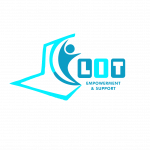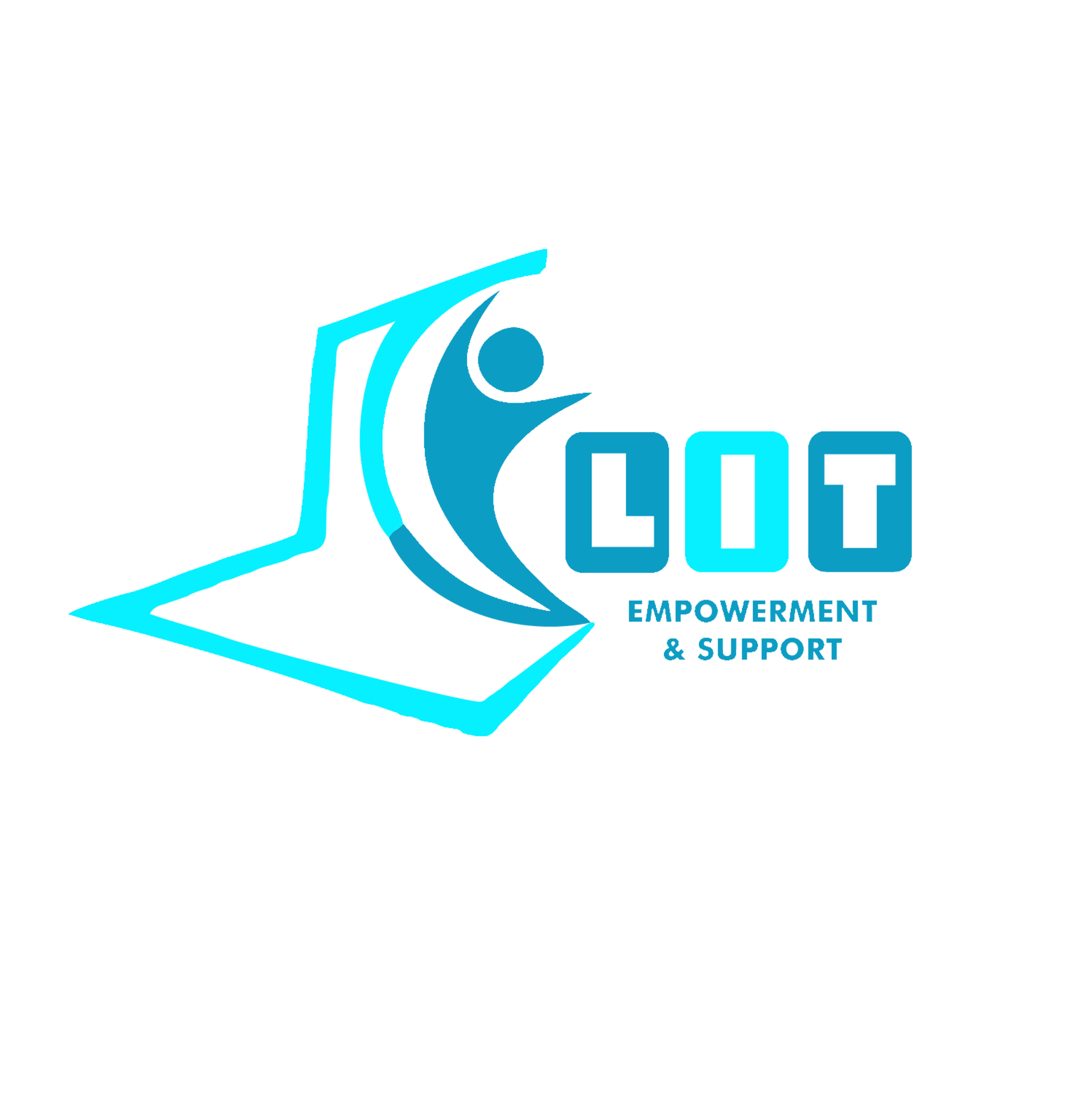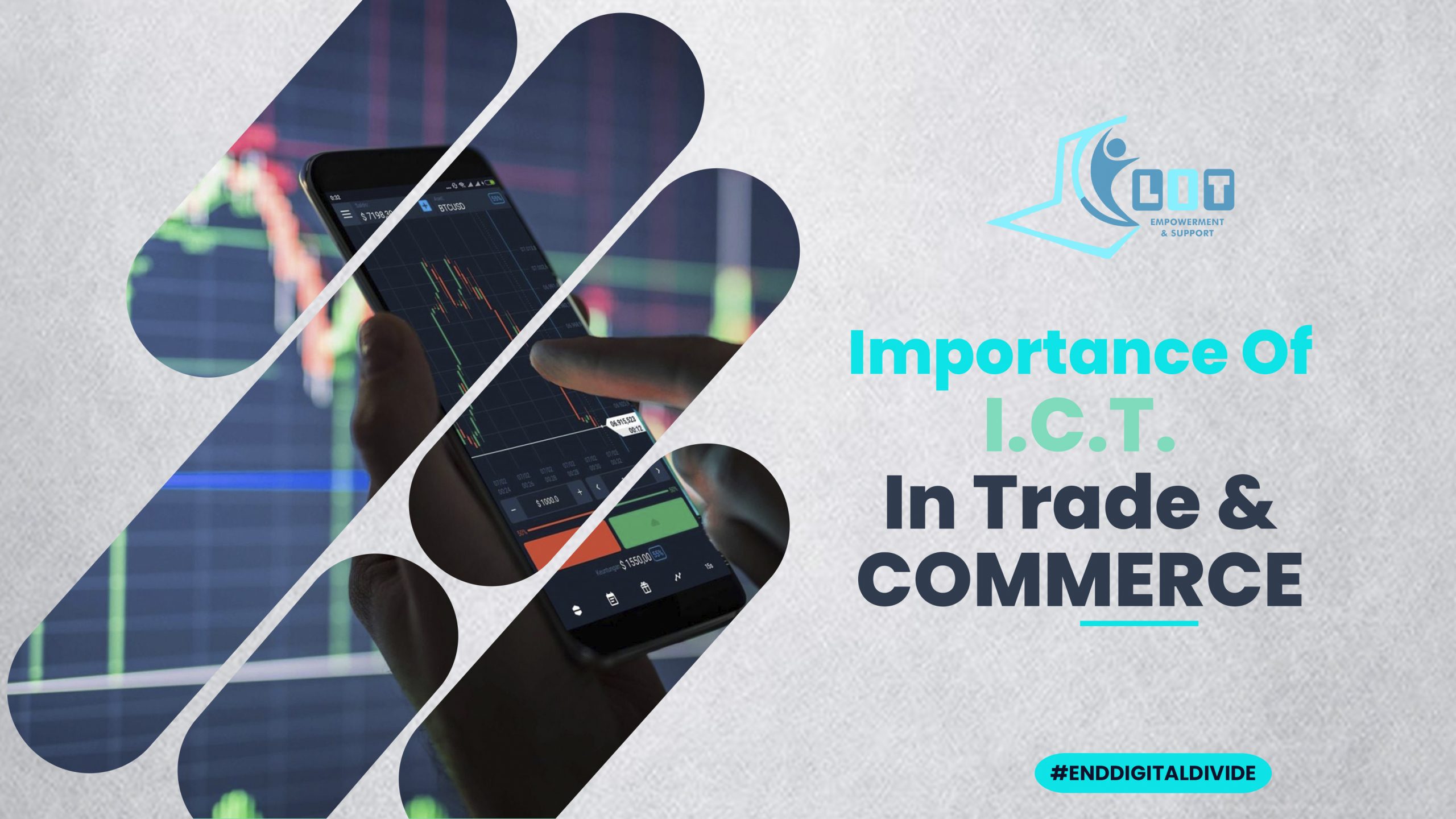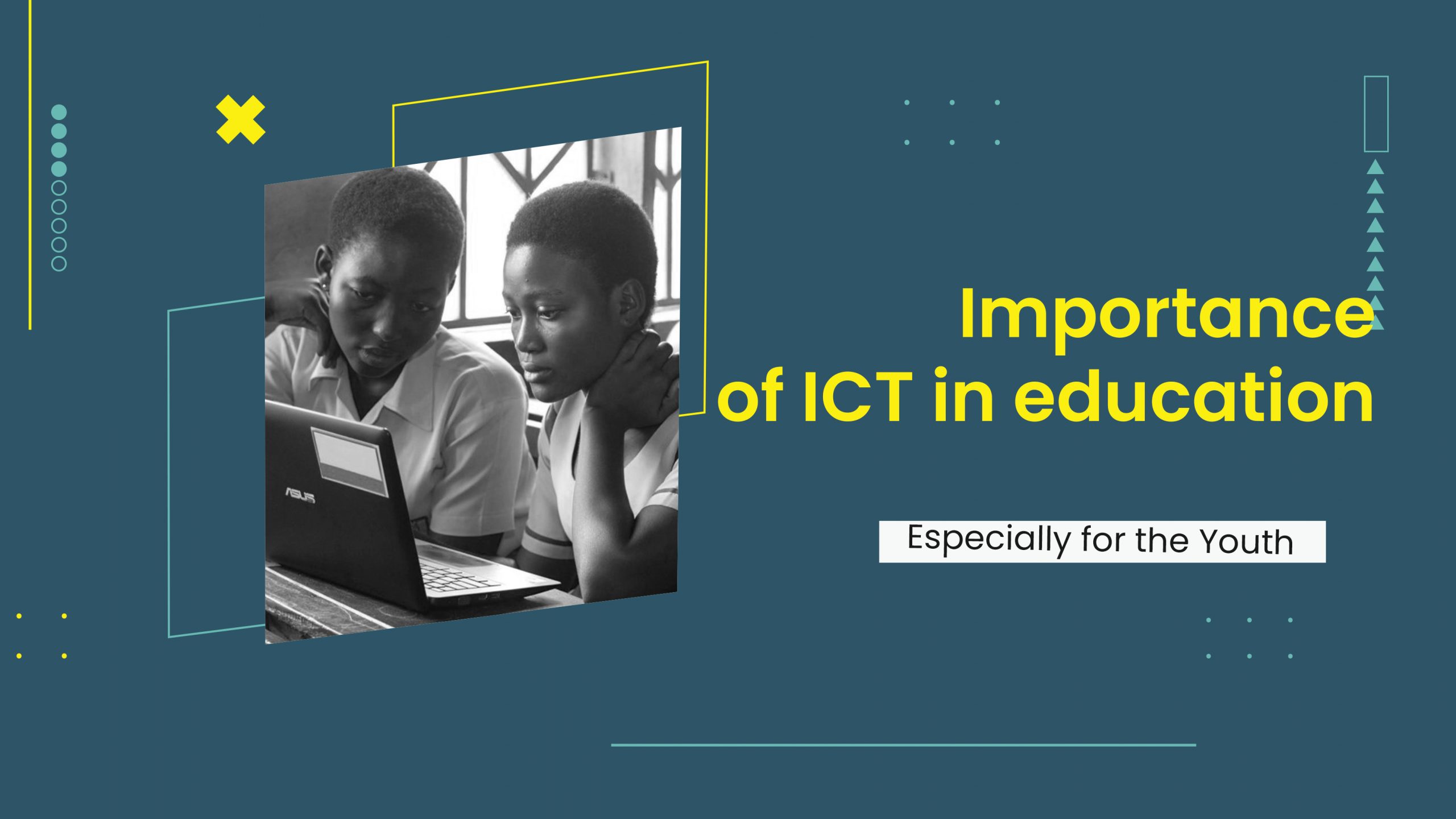Trade is simply defined as the action of buying and selling goods and services. Trade is also defined as a job requiring manual skills and special training. For the purposes of this article, I shall focus on the former definition. Commerce on the other hand is defined as the practice of purchasing and selling, especially on a massive scale. In this write-up, I shall seek to outline the usefulness of ICT in modern trade and commerce and the opportunities that abound in that regard.
Money Transfer Services
With the inception of ICT has sprung numerous money transfer services that are making it easier to do business. A few decades ago, people sent cash across nations amidst much paper work and time. Presently, the rhetoric has changed. A good number of money transfer services are available to do the magic of transferring money inter and intra geographical areas in a flash. It is therefore very easy for goods and services to be exchanged and money transferred wirelessly as payment. This has surely sped up the time of trading and doing business.
Virtual and Online Shops
Again, courtesy ICT, rendering service and selling goods by means of virtual and online shops has become a limitless possibility. In our world now, it has become possible to sell and buy without actually mounting or displaying goods in a physical geographical spot. That used to be the story a few decades ago.Nowadays,all a trader or entrepreneur has to do is advertise his/her wares with corresponding price tags and payment mode, which is made possible by the numerous money transfer and payment modes platforms. This kind of trade saves both business people and consumers a lot of precious time and stress.
E-commerce Payment Systems
An e-commerce payment system or(an electronic payment system) facilitates the acceptance of electronic payment for online transactions. Also known as subcomponent of electronic data interchange (EDI), e-commerce payment systems have become increasingly popular due to the widespread use of the internet- based shopping and banking. According to Wikipedia, as of 2008,in North America, almost 90% of online retail transactions were made with this payment type. The banks particularly have adopted and innovated fast convenient pull and push payment modes based on e-commerce payment systems. Customers can therefore push funds from other transfer and payment platforms into their bank accounts and vice versa.
Mobile and E-banking
Business people and anybody can transact business online with their bank by just a entering a short code or by just a click. Businesses and individuals can check their bank accounts the same way. Sms alerts prompt customers when any transaction is done on their account. One needs not travel to and fro their bank’s premises any longer. By so doing, risks, time and all the other unpleasant factors that used to be the case are cut out of the equation. Customers can ask relevant questions concerning any product via the FAQ segment of the website or portal of the bank they are dealing with. Customers can even open bank accounts without visiting the banking hall. Gone are the days when users of ATMs had to spend about eight hours executing a single transaction. Today, the exercise takes not more than a minute or two. The user or subscriber even has the rear privilege of hearing their money being deposited or dispensed, by means of micro speakers which amplify the machine’s sounds. Interesting, isn’t it?
E payment of Tax
Currently in Ghana, payment of tax adverts are playing on the radios and TVs.The Ghana Revenue Authority, the department that collects and oversees tax issues is taking a giant step in service delivery. The authority is adopting an repayment system to drastically improve tax collection and payment. This is anticipated to increase efficiency greatly. Paper work, which is time consuming and slow would have been reduced a great deal.Errrors of all sorts would be avoided and prevented as well. I know these epayment systems of paying taxes already exist in the developed states, since they are miles ahead of the developing countries in ICTs.
Paperless Ports
The harbours and the ports are key points of exit and entry of goods and services for any nation.The efficiency of the ports and harbours will always have a significant toll on trade and commerce in that nation and their trade relations with other nations. Ghana as an example again, recently embarked on a journey to paperless land. The vice president led and announced the transition from paper to the paperless status of doing business at the ports of Ghana. This is to facilitate fast clearance of goods and so on. All such initiatives are made possible by the use of ICT and IT tools. It is therefore crystally clear that ICT is particularly important in trade and commerce in our day.
High Illiteracy a Threat?
Two major setbacks to the peoples of developing countries are high Illiteracy levels and lack of access to computers, IT tools and imputing usage skills and knowledge. This high level of illiteracy and lack of access to computers and skills for their use tends to erode the confidence of the people in the usage of computers.
What Does Lit Empowerment Support Incorporated Seek to Do?
Since governments of developing nations cannot bridge the digital gap alone, it is essential that others help in the realization of that all important goal of bridging the digital gap. So how can the youth and others get access to computers and the necessary usage skills and competencies without necessarily waiting for government intervention?
Cashless Economy
With the banks and businesses having moved to online transactions, we are gradually entering the phase of a cashless economy where currencies and kryptos are taking over. That means more safety for traders, especially in the developing countries, where most of them still carry huge amounts of money around in order to engage in their trading and commercial activities.
QR Code
A quick response code (QR Code) is a kind of barcode. This cod was created in 1994. The QR Code is an image that can be scanned by a machine, including a smart phone camera. When a smart phone scans this code, it translates that info into what can be understood by humans.
POS
The point of sale or point of purchase is the time and place where a retail transaction is completed. At the point of sale, issues like how much a customer must pay, and the issuing of receipts and /or invoices are done, either in printed form or electronic form. The POS Machine is a terminal or part of the checkout process that processes credit or debit cards and completes the transaction. These machines, which are sometimes made up of a cash register, printer, monitor etc. or sometimes as small as a mobile, actually finalizes a transaction.
Conclusion
All the these ICTs are available to be exploited and are making trade and commerce quite easy compared to a few decades ago. All the traders and entrepreneurs need to do is to take advantage of these IT Tools and the systems so as to improve their trading and commercial activities.



